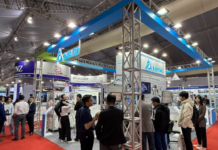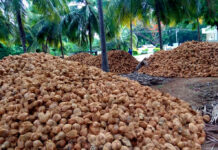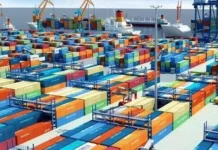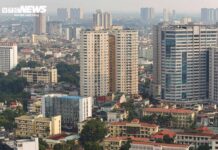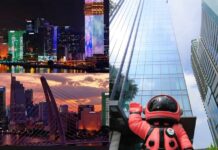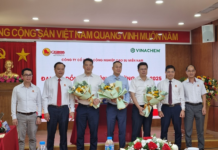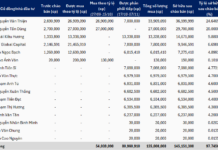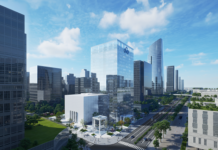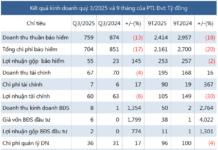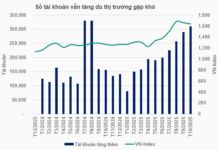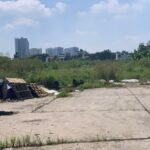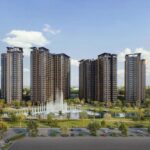On February 6, Quang Ngai Provincial Police announced that the investigating agency has initiated a criminal case to investigate signs of violations of regulations on management and use of state assets causing loss and waste in the project of Quang Ngai Province Cultural Heritage Value Center (located in the premises of Quang Ngai Provincial Comprehensive Museum – Le Trung Dinh Street, Quang Ngai City).
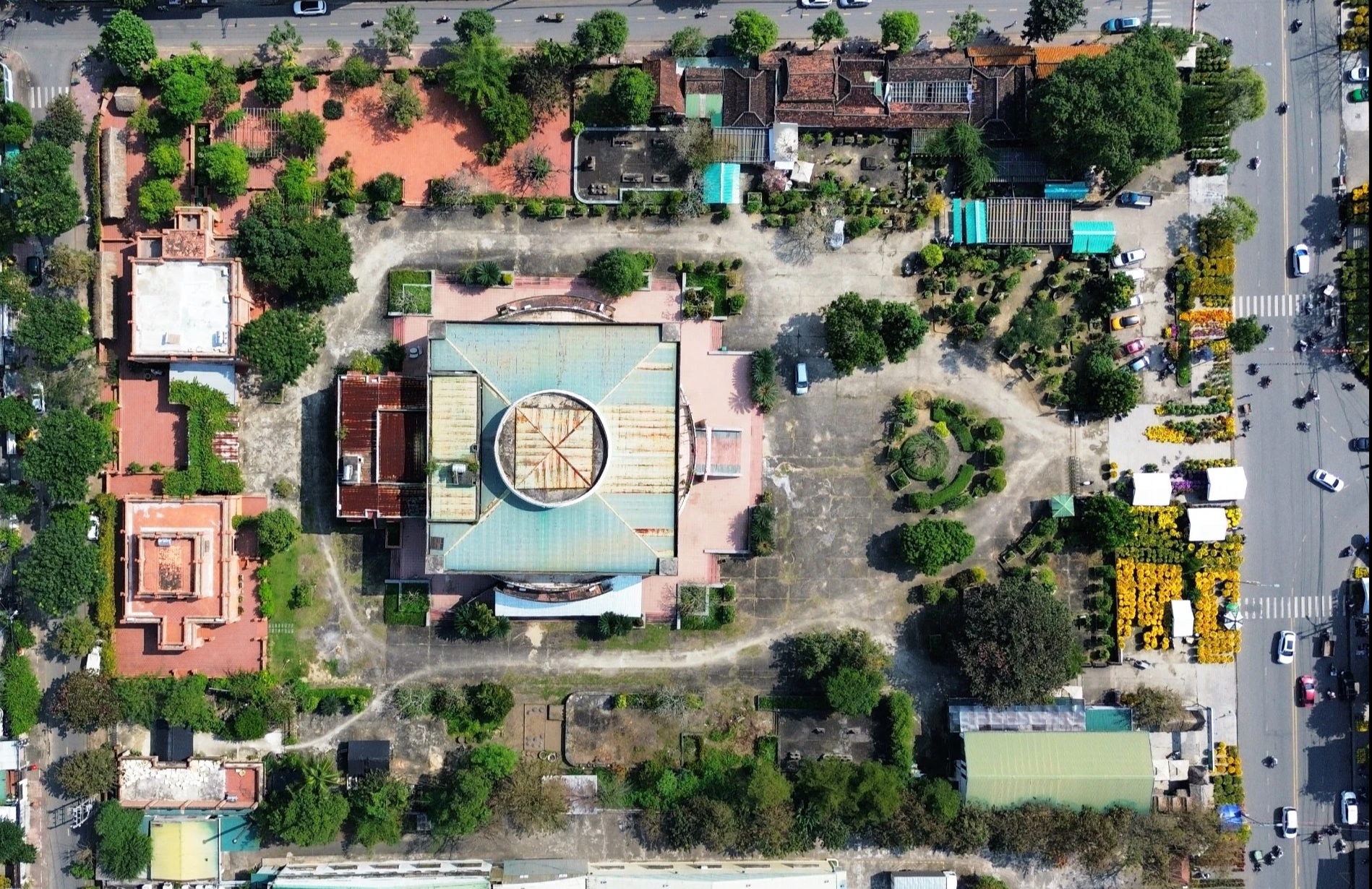
Quang Ngai Provincial Comprehensive Museum is located in a prime location with 3 façades. Photo: T.Truc
According to studies, in 2016, Quang Ngai Provincial People’s Committee made a decision on the investment policy of the project “Quang Ngai Province Cultural Heritage Value Center” (phase 1). The project includes items such as Vietnamese ancient house exhibition area, 2-storey multifunctional cultural house, 2-storey cultural heritage objects exhibition house, and office-studio combination with cultural services…
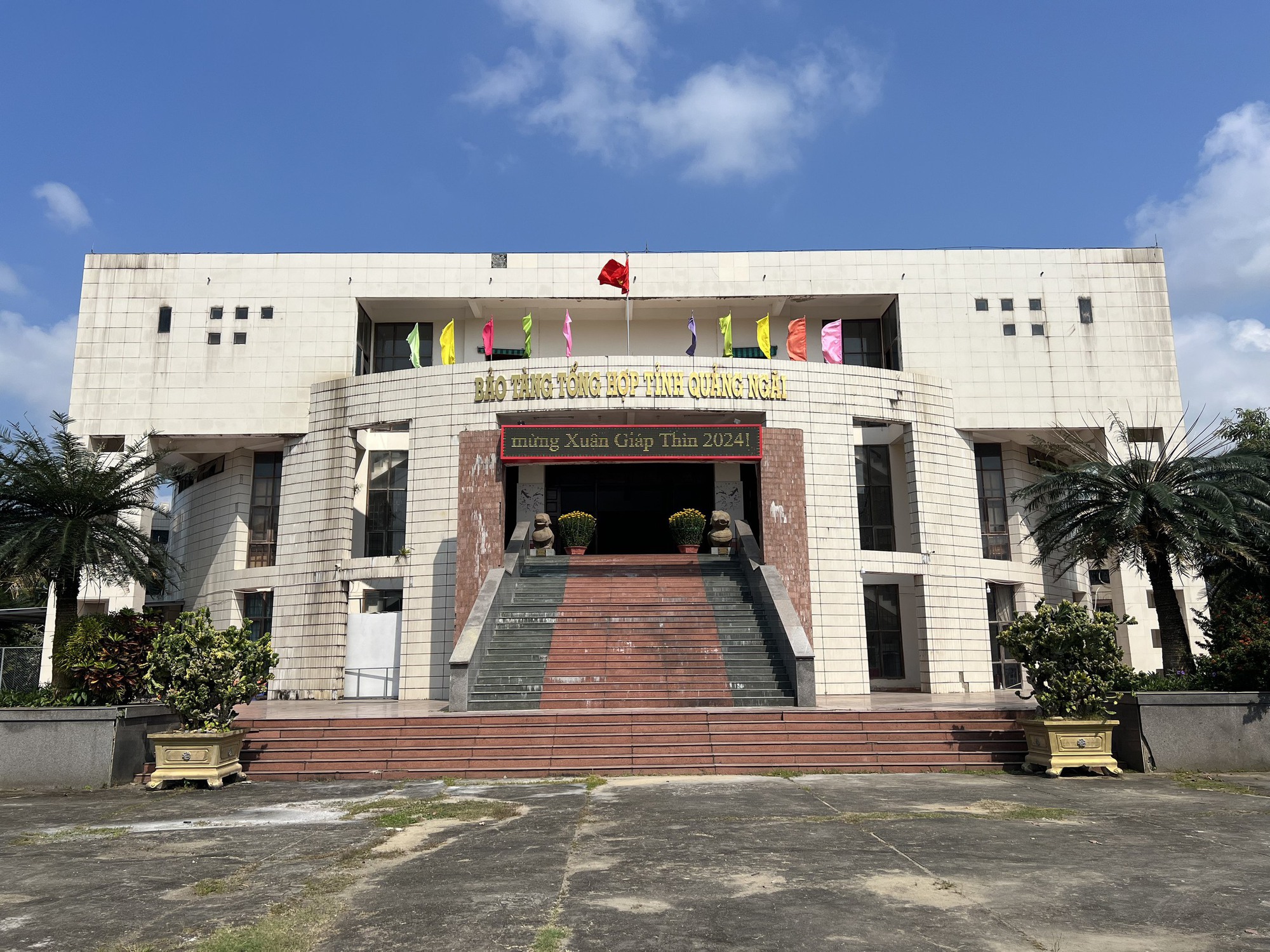
Quang Ngai Provincial Comprehensive Museum. Photo: T.Truc
The construction density is 28.9% located in the premises of Quang Ngai Provincial Comprehensive Museum, with an area of nearly 5,000 m2, with a total investment capital of over 31 billion VND. The project’s goal is to attract people to Quang Ngai Provincial Museum.
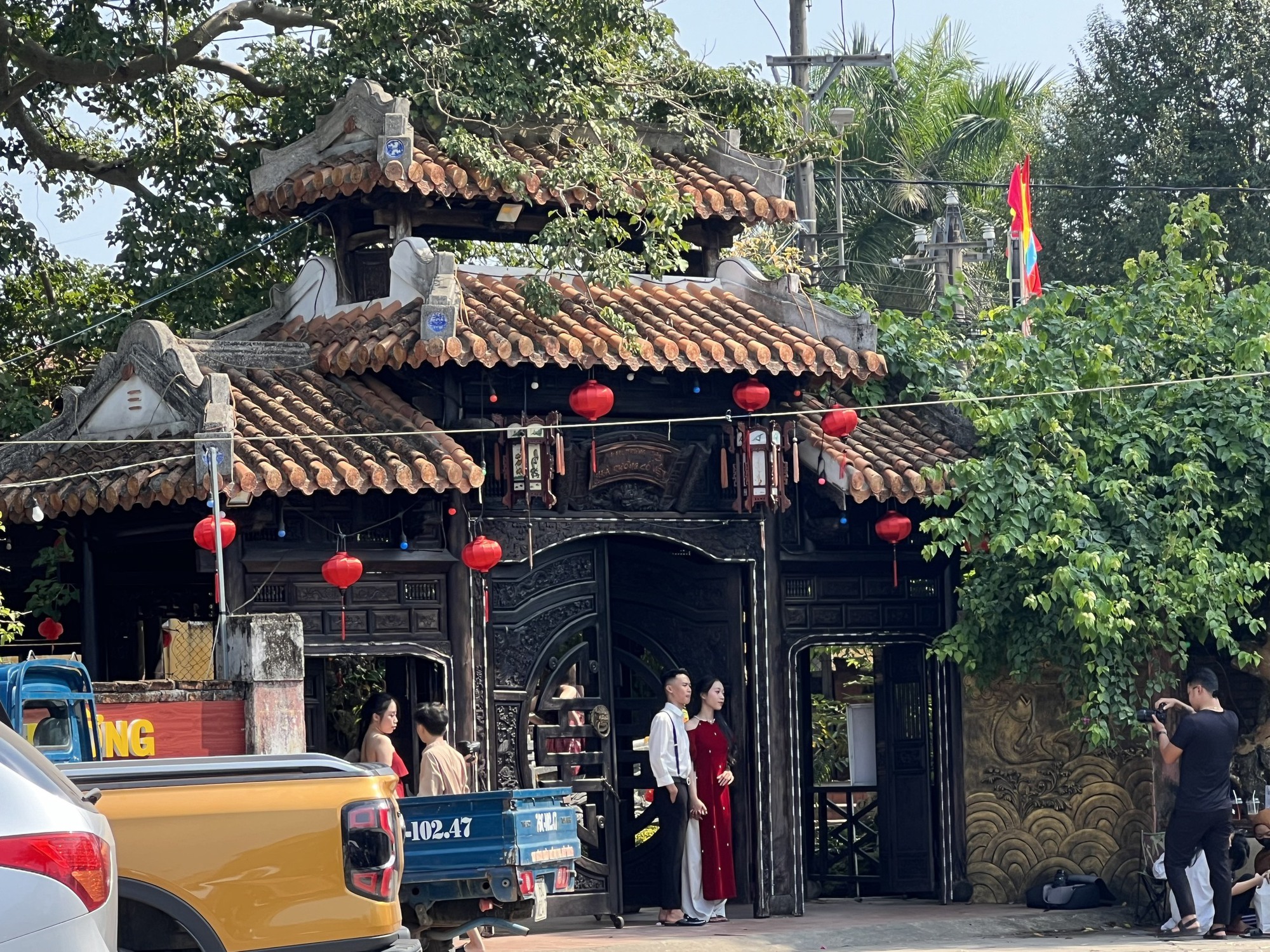
A café located within the museum premises. Photo: T.Truc
However, due to complications related to investment activities, by September 2017, the Chairman of Quang Ngai Provincial People’s Committee issued a decision to reclaim part of the land of Quang Ngai Provincial Museum to assign it to Doan Anh Duong Investment and Development Joint Stock Company to carry out the project “Quang Ngai Province Cultural Heritage Value Center”. The land lease term is 49 years and the project is invested in the form of socialization.
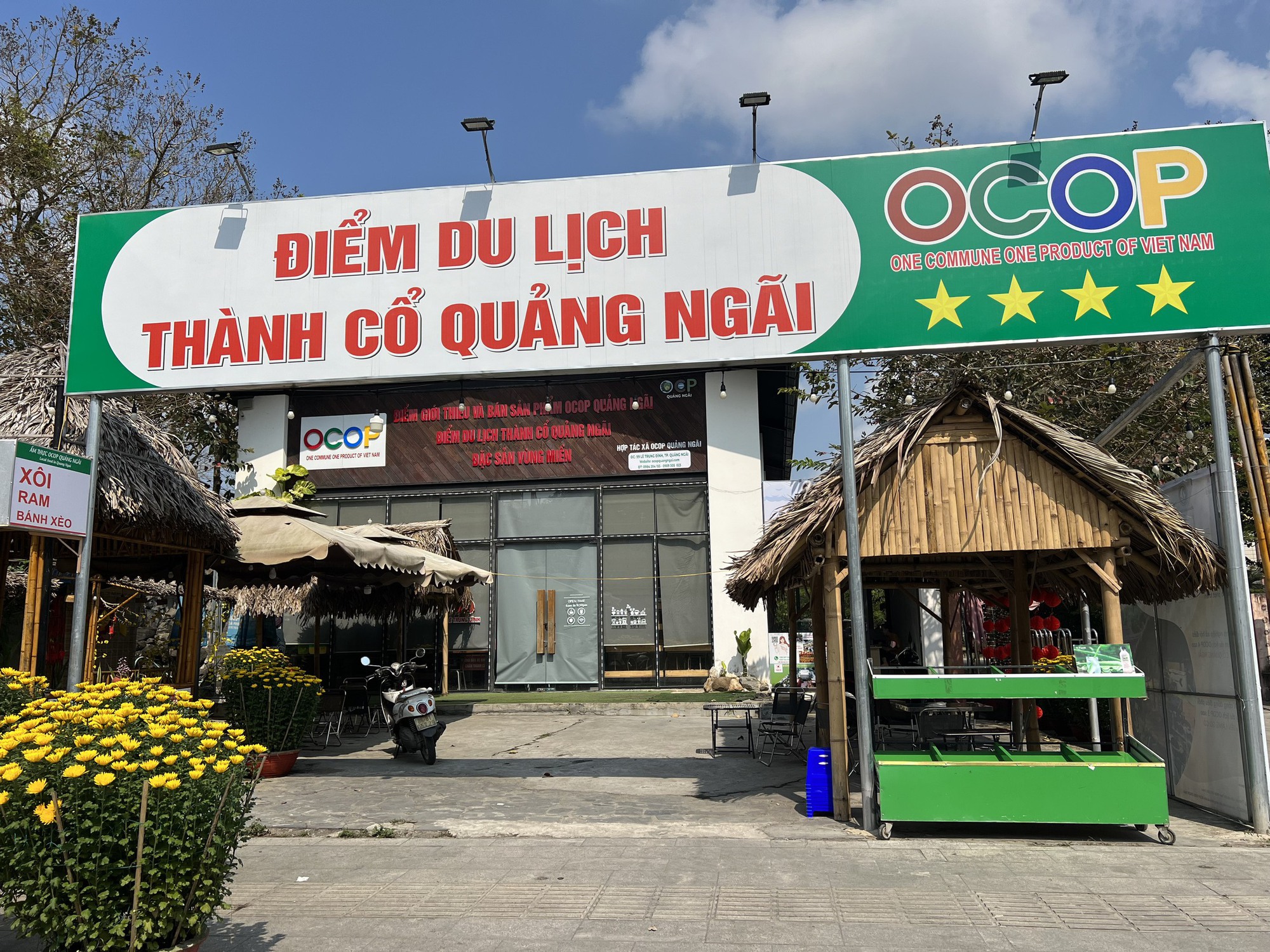
One of the 2 cafes converted into a place to display typical agricultural products. Photo: T.Truc
By early 2020, the project was completed and includes: cultural heritage object exhibition house, multifunctional cultural house, Vietnamese ancient house area, and office-studio combination with cultural services. However, 2 cafes have been established here, namely Lava Casa Coffee & Tea and Co Moc, selling refreshing drinks, coffee, breakfast… and have been in operation for many years.
The land lease (state property) mentioned above has caused local public opinion to be angry, and voters have repeatedly reported on the exploitation of the socialization project for coffee business. Currently, one café has been converted into a place to display cultural artifacts and typical local agricultural products. The remaining café still continues its business operation.


